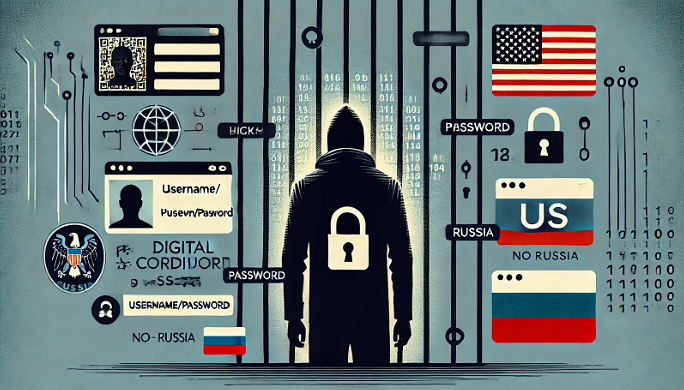Russian Imprisoned for Selling 300k Stolen Credentials

Georgy Kavzharadze, a 27-year-old Russian citizen, was sentenced to 40 months in US federal prison for selling stolen financial information, login credentials, and other personally identifying information on the notorious dark web marketplace Slilpp. Over the course of five years, Kavzharadze sold nearly 300,000 stolen credentials, leading to over $1.2 million in fraudulent transactions.
Kavzharadze, who operated under several online aliases, including “TeRorPP” and “PlutuSS,” was extradited to the United States in 2022. He pleaded guilty to conspiracy to commit bank fraud and wire fraud earlier this year, according to the US Department of Justice.
His operations on Slilpp were prolific, listing more than 620,000 stolen login credentials for sale between 2016 and 2021. The credentials he sold provided unauthorized access to bank accounts and online payment systems, particularly targeting financial institutions in New York, California, Nevada, and Georgia.
Slilpp, the platform used by Kavzharadze, was one of the largest and most notorious marketplaces for stolen credentials. Before it was taken down by law enforcement in June 2021, Slilpp had listed more than 80 million login credentials for over 1,400 companies and services, operating across multiple domains on both the public internet and the dark web.
The marketplace’s takedown in 2021 was a coordinated effort involving the FBI and international law enforcement partners. The seized database from Slilpp provided a trove of information about its vendors, customers, and transactions, which has since been instrumental in tracking and prosecuting cybercriminals like Kavzharadze.
As BleepingComputer pointed out, Kavzharadze only accepted Bitcoin as payment for the stolen credentials, which further complicated the investigation. However, the FBI was able to link over $200,000 in withdrawals from his Bitcoin account directly to his illicit activities.
The takedown of Slilpp was part of a broader crackdown by law enforcement agencies on illegal online marketplaces. In a similar effort just this year, the FBI dismantled BreachForums, another infamous platform for trading stolen data.



Please, comment on how to improve this article. Your feedback matters!